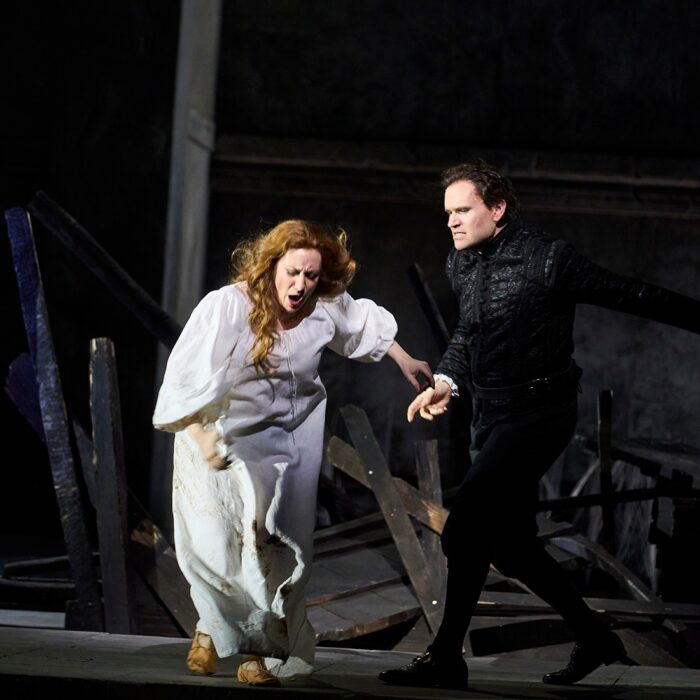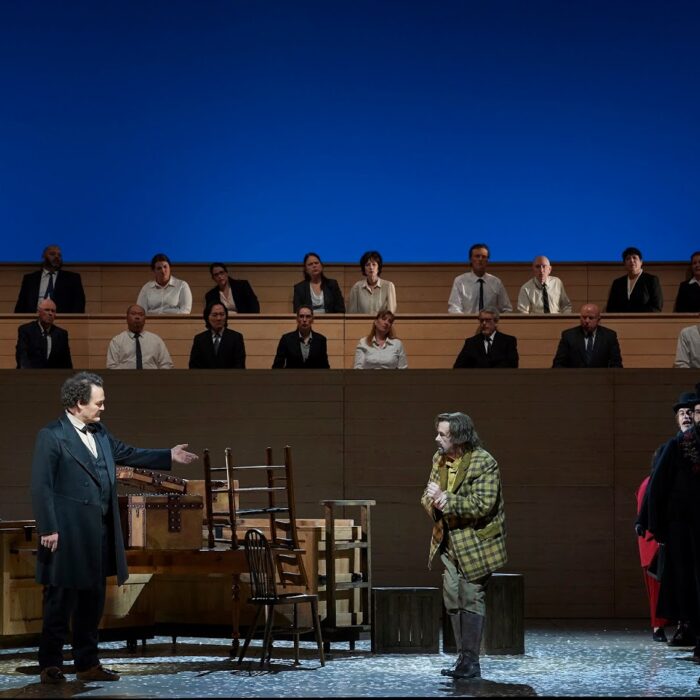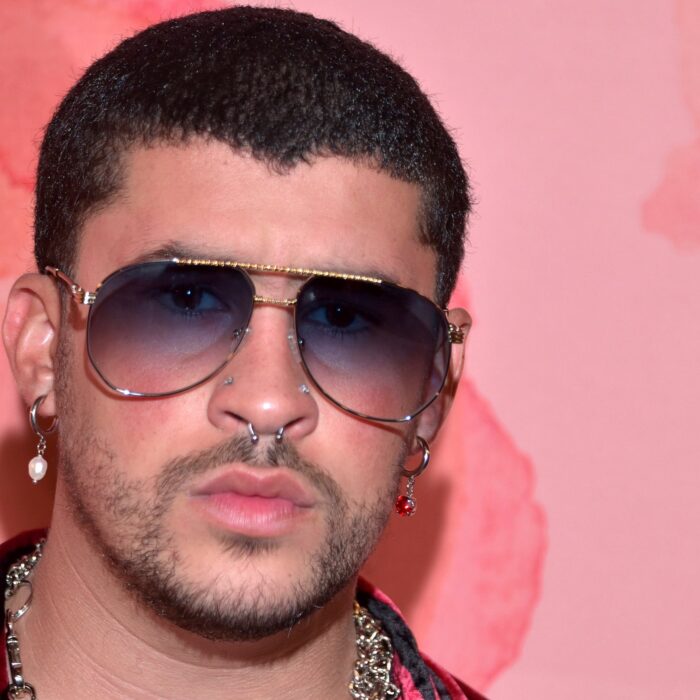
Artist of the Week: Brian Jagde
American Tenor Makes Highly Anticipated Role Debut as Otello in Verdi’s Masterpiece
By Francisco Salazar(Credit: Javier del Real)
This week, the Teatro Real de Madrid is set to open the 2025-26 season with a revival production of “Otello.” The production will star two of the world’s most important dramatic voices, including Brian Jagde, who will sing the title role for the first time.
Otello is known as one of the most challenging roles in the tenor repertoire, and for Jagde, it is one more Verdi role in his repertoire following acclaimed interpretations of Radames in “Aida,” Alvaro in “La Forza del Destino,” the title role of “Don Carlo,” and Macduff in “Macbeth.”
OperaWire spoke to Jagde ahead of his big debut for a short interview.
OperaWire: What does it feel like to open the new season of the Teatro Real in your role debut as Otello?
Brian Jagde: It’s very special to be back at the Teatro Real, opening the season for the second year in a row. It’s a festive night, and a wonderful time of year to be in this part of the world.
I’m happy to be working with such great colleagues on and off the stage, in a traditionally staged production that has allowed me to grow into this role. I also have a lot of support here from the theater staff. That makes a big difference when singing any role for the first time, especially something this demanding. It’s been a unique challenge for me to prepare this role in this particular year, after a long break from singing due to my hospital stays and surgery. I’m grateful to be back to work and feeling much better.
Debuting Otello with a conductor like Nicola Luisotti is also incredible, as I’ve debuted many of my Italian roles with him, including Radamés in “Aida,” Calaf in “Turandot,” Des Grieux in “Manon Lescaut,” and Don Alvaro in “La Forza del Destino.” The wealth of knowledge he brings to this score has made this experience even more impactful for me, and there’s nothing better than receiving solid gold information from an artist with his level of expertise and passion.
OW: How does this role differ from the other Verdi roles you sing?
BJ: As a singer, there’s so much to live up to with this role, and I want to give it the due that it deserves. As an actor, it pushes me to go all in, in every moment. The complexity is enormous, but it’s the kind of challenge I live for in this career.
Singing Don Alvaro in “Forza” before this was a helpful and healthy step. Roles like Radamès and Don Carlo require a different approach, simply because of the way the music is written. They are set higher throughout the score, whereas “Forza” and “Otello” sit a lot in the middle voice, which can make the top more challenging due to the weight in the middle. These are things you have to be prepared for when you take on these roles.
Otello is without a doubt one of the most complex, if not the most complex, scores that Verdi wrote. With Boito’s libretto being very intricate and in a conversational style, oftentimes directly quoting Shakespeare, I feel that I’m singing a score and working amongst three geniuses who created it. It’s probably every tenor’s dream role. I know it’s been one of mine for a long time, I was first offered it more than six years ago and declined at that time.
As with many other roles I’ve been offered over the last several years, including Tristan and Peter Grimes (both of which I’d sing eventually) I felt that I needed to have more time in the next level of repertoire before debuting them. They all require gravitas and having been through some things in life, and also having dedicated experience not just as an actor on stage but as a singer and vocal technician. Really knowing one’s voice and how to transmit these deep emotions with a healthy approach to singing.
As I tell emerging-level artists all the time, “no” is an important word to use in this career, and I’ve used it a lot. I feel that saying “yes” to Otello here, at this point in my career, feels like the right choice.
OW: What are some of the biggest challenges in the role?
BJ: Vocally, it’s constantly demanding. There isn’t a moment that doesn’t require either extreme subtlety or massive emotional outbursts that were almost never seen before in previous works. Luckily for us, Verdi was clear in the score, so it’s just up to us to deliver.
Acting-wise, there are many times when Otello is speaking to different people within seconds of speaking to others. The Act three finale is one of the more obvious moments that Otello is addressing the whole community, while also tearing Desdemona down privately, as well as making side comments to Iago.
OW: What are some of your favorite moments in this masterpiece?
BJ: I think the first act love duet “Già nella notte densa” is maybe the most beautiful duet ever written. It’s not only the vocal lines and connection between these characters, but also the colors and emotions that emanate from the orchestra. For example, the cello section has just as much to “say” as we do on stage. It’s a musical dialogue between us and the pit just as much as it is between us as singers.
I also live for moments like the “Esultate” or the “Sì, pel ciel” duetto. These are big, bold, epic, and iconic moments. You sense the power at play in this story, and you also start to get a hint of what’s yet to come. And the entire final scene is a work of pure inspiration, beauty, heartbreak, and desperation.
For audiences not in Madrid, the opera will be streamed on Medici.tv and on My Opera Player.
Recordings
For those who want to experience Jagde in other Verdi roles, here is a recording of the tenor as Don Alvaro and Radames.


